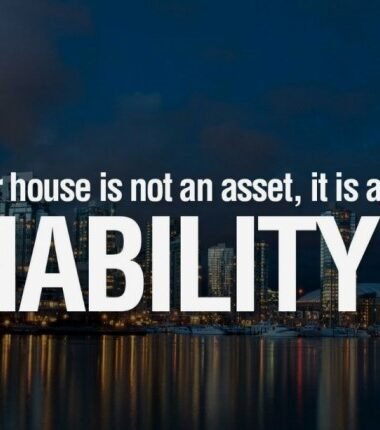New York City’s skyline, a forest of skyscrapers and brownstones, is a testament to its booming real estate industry. For professionals eyeing real estate jobs NYC, the city offers endless opportunities but also fierce competition. Whether you’re drawn to selling luxury condos, managing commercial towers, or shaping new developments, understanding the market’s quirks is key to a successful career.
The NYC Real Estate Scene
New York City’s real estate market pulses with energy. From billion-dollar commercial leases in Midtown to cozy Brooklyn brownstones, the city’s diversity creates demand for agents, brokers, developers, analysts, and property managers. The high-stakes Manhattan’s average home price tops $1 million mean salaries can be lucrative, but breaking in requires grit, local expertise, and a strong network.
For example, luxury residential agents might specialize in penthouses overlooking Central Park, while commercial brokers negotiate leases for Fortune 500 companies in glass-walled office towers. Property managers juggle tenant needs in bustling Queens apartment complexes, and developers navigate zoning laws to transform vacant lots into mixed-use hubs.
Key Roles and Opportunities
Licensed real estate agents and brokers form the backbone of the industry. In NYC, top agents earn six-figure commissions by closing deals in competitive markets like Tribeca or the Upper East Side. Newcomers often start with rentals or assist seasoned brokers, gradually building client lists through referrals and open houses.
Property managers find steady work overseeing residential or commercial buildings. Responsibilities included handling maintenance, rent collection, and tenant disputes. Salaries range from $60,000 for entry-level roles to $120,000+ for managers overseeing large portfolios.
Real estate analysts dive into data to guide investments. They forecast rental income for new developments, assess risks in emerging neighborhoods like Long Island City, and create financial models for projects. Entry-level analysts earn $70,000 to $90,000, while senior roles at investment firms or REITs pay $120,000 or more.
Appraisers and inspectors play critical behind-the-scenes roles. Appraisers determine property values for sales or loans, while inspectors check buildings for safety and code compliance. Both roles require state licenses and offer salaries of $65,000 to $110,000.
Developers and project managers lead high-stakes projects, from securing financing to overseeing construction. Senior developers in NYC earn $150,000 to $300,000+, often with profit-sharing bonuses tied to a project’s success.
Salaries and Competition
Salaries for real estate jobs in NYC vary widely. Entry-level positions, such as leasing agents or administrative assistants, start around $45,000 to $60,000. Licensed brokers with a few years of experience can earn $100,000–$250,000, while top performers in luxury sales or development surpass $500,000 annually.
However, NYC’s high cost of living and the commission-based nature of many roles means income can fluctuate. Competition is intense, with thousands of licensed professionals vying for deals. Standing out often requires specialization. Focusing on niches like sustainable buildings, historic properties, or co-op sales can set you apart in crowded markets.
Breaking Into the Industry
Start by obtaining the necessary licenses. Sales agents need 75 hours of pre-licensing courses and a passing score on the state exam. Brokers are required to complete 135 hours of coursework. Networking is essential to attend events hosted by the Real Estate Board of New York or join local real estate associations.
Gaining local expertise is crucial. Neighborhoods like Harlem, Williamsburg, or Downtown Brooklyn each have unique markets. Understanding zoning laws, transit access, and school districts helps you advise clients effectively. Consider certifications like the Certified Commercial Investment Member or LEED accreditation to boost credibility.
Many professionals begin as assistants or interns at brokerages or development firms. These roles offer hands-on experience and connections to mentors. Over time, building a reputation for reliability and market knowledge opens doors to higher-paying opportunities.
Challenges to Expect
NYC’s real estate market is cyclical. Economic downturns, like the 2008 crash or the COVID-19 pandemic’s impact on office vacancies, can disrupt careers. Rising mortgage rates and broker fees also influence buyer activity. Breaking into luxury markets demands access to high-net-worth clients, which often takes years of networking.
For salaried roles, like analysts or property managers, job stability is higher, but advancement may require switching firms or pursuing advanced degrees.
Frequently Asked Questions
Do I need a real estate license to work in NYC?
Yes, for roles like agent, broker, or appraiser. Property managers and analysts typically don’t need licenses but may benefit from certifications.
Which borough offers the best opportunities?
Manhattan has the highest earning potential but fierce competition. Brooklyn and Queens provide growing markets with more affordable entry points.
Can I work remotely in NYC real estate?
Hybrid roles are growing in analytics and property management. Client-facing jobs still rely heavily on in-person networking and showings.
Is this a stable long-term career?
Yes, but adaptability is key. Embrace trends like proptech tools or focus on emerging neighborhoods to stay relevant.








